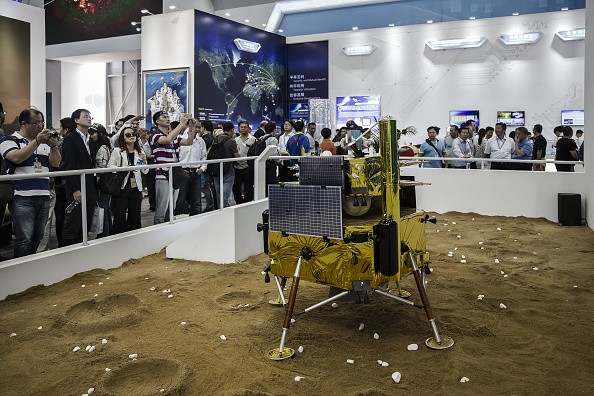China is preparing a facility to store lunar rock and dust samples brought back by its space missions, similar to the Johnson Space Center's lunar sample building of NASA.
China is planning to launch its Chang'e 5 lunar sample return mission in the second half of this year. A lunar orbiter will be scheduled to drop a lander on the moon's surface to collect samples. The lander then launches back up to the orbiter for the return trip to Earth.
These sample-return missions enable scientists to focus their expertise on space rocks.
President Xi Jinping is hoping to boost China's international reputation with each high-profile mission.
The country began its space program in 1970 where it launched a small satellite that is only capable of broadcasting a snippet of a Cultural Revolution anthem.
Its space programs have yielded more impressive achievements in the past few decades, after it launched its first manned spacecraft in 2003 for a lunar orbital mission.
According to a publication by the China National Space Administration last December, even more ambitious goals lie ahead with regard to China's space exploration. The country is planning to land on the far side of the moon in 2018 and a Mars rover in 2020.
Reuters predicts that China will land humans on the moon by 2036.
The China National Space Administration also stated in its publication that it aims to strengthen space cooperation through the Shanghai Cooperation Organization and the Asia-Pacific Space Cooperation Organization. It also stayed humble, stating that "to build China into a space power is a dream we pursue unremittingly."
Experts see plenty of self-interest in China's space ambitions despite efforts of bringing its trading and political partners closer to the stars.
Dean Cheng, a research fellow on Chinese military and security issues at the Heritage Foundation, said: "When you are the first country to land a probe on the far side of the moon, that says something about your science and technology, that says something about your industry."
"It says something about what you can achieve that in turn is going to affect how countries view China," he added.



























